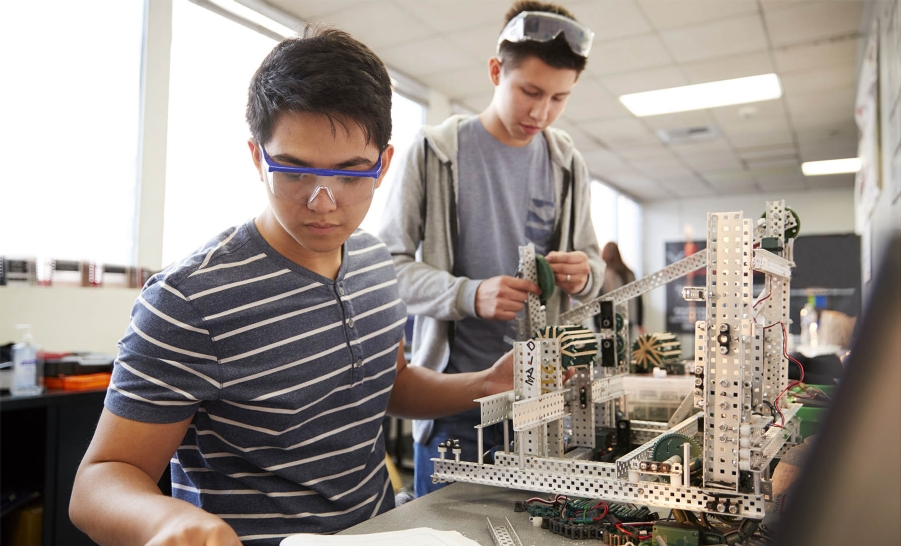On Worthiness, Knowledge Curation, and Diversifying OER
This project takes a crowdsourcing approach to diversify OpenStax Psychology (OpenStax College, 2014), an Open Educational Resource (OER) for Introductory Psychology courses.
Innovative Higher Education / October 2020

Students may have experiences that relate to long-term retention and success during the summer after completing their first year in college. Research shows that college students’ engagement and success varies based on their cultural and social capital. However, there is a dearth of research on how their cultural and social capital is associated with college students’ summer experiences after they complete their first year. The purpose of this study is to better understand the ways that students’ cultural and social capital—as measured through relationships with parents and faculty—relate to their participation in undergraduate research, internships, paid work, or volunteering after the first year of college. We analyzed longitudinal data from 1,066 students at three universities using data from the Pathways through College Study. We found that students who had parents with graduate or professional degrees had higher odds of participating in summer undergraduate research and internships, compared to first-generation college students. Students who had interactions with faculty outside of the classroom also had higher odds of participating in the four summer experiences, but the relationship between parental education and post-first year experiences do not vary depending on the level of faculty interactions. This study offers implications for faculty and student affairs practitioners related to encouraging students to participate in post-first year summer opportunities, particularly students with less social and cultural capital through their parents or faculty.